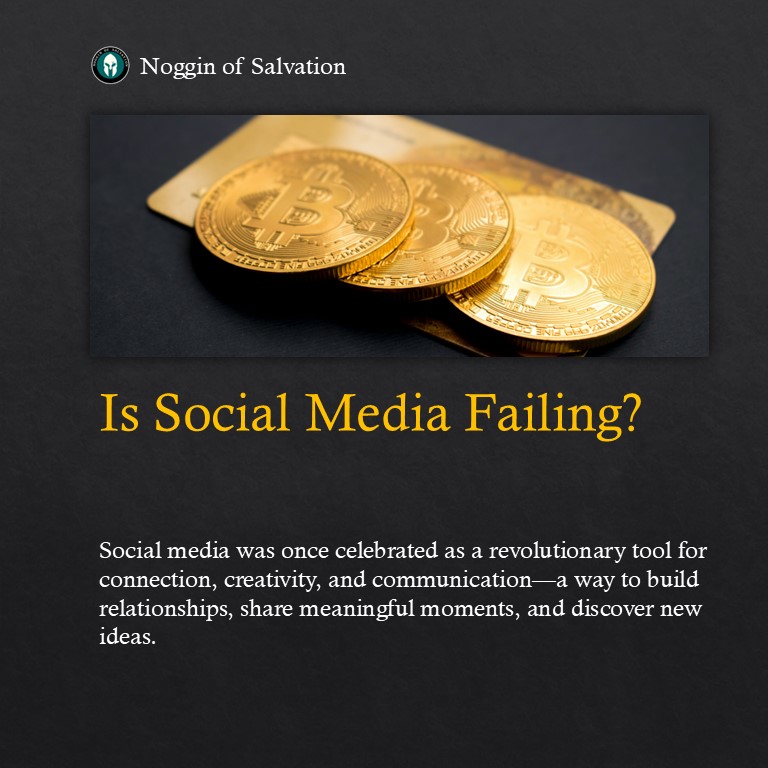Why Some Nonprofits Do More Harm Than Good
Charity is widely seen as a force for good, a way to help those in need and improve society. Nonprofit organizations exist to serve others, often filling gaps where government or business fall short. But what happens when the very systems designed to help end up doing more harm than good?
Many nonprofits operate with good intentions but fail to create lasting solutions. Some encourage dependence rather than empowerment, while others become bureaucratic and inefficient. The Bible offers wisdom on both the power of giving and the dangers of helping in the wrong way.
Good Intentions, Bad Outcomes
Helping others isn’t just about giving—it’s about giving wisely. Proverbs 19:2 warns:
“Desire without knowledge is not good, and whoever makes haste with his feet misses his way.”
Nonprofits that rush to provide aid without understanding the root of the problem can create unintended consequences. For example:
- Feeding programs that undermine local businesses by offering free food that makes it impossible for small farmers to compete.
- Donations that flood communities with secondhand goods, destroying local industries.
- Foreign aid that fosters dependence instead of encouraging self-sufficiency.
Jesus didn’t simply hand out endless supplies—he met specific needs in a way that changed lives. When healing the paralyzed man in John 5:8, he didn’t carry him—he told him, “Get up, take up your bed, and walk.” He restored his ability to move forward, rather than keeping him in a state of helplessness.
When Giving Becomes Control
Some nonprofits operate with an unspoken assumption: We know what’s best for you. Instead of empowering people to solve their own problems, they impose solutions. This kind of help can be condescending and disempowering.
In Matthew 23:4, Jesus criticized the religious leaders for this very attitude:
“They tie up heavy burdens, hard to bear, and lay them on people’s shoulders, but they themselves are not willing to move them with their finger.”
Helping should not come with conditions that strip dignity or create dependence. True generosity uplifts rather than controls.
The Business of Charity
Many nonprofits begin with a noble mission but eventually become entangled in financial and operational concerns. Large salaries, expensive marketing campaigns, and excessive administrative costs can take priority over real impact.
1 Timothy 6:10 warns:
“For the love of money is a root of all kinds of evils.”
Some organizations become more focused on raising funds than solving problems. If sustaining the nonprofit becomes more important than serving others, the mission is lost.
How to Help Without Hurting
So how do we ensure that helping actually helps? The Bible provides clear principles:
- Empower, don’t enable – “If anyone is not willing to work, let him not eat.” (2 Thessalonians 3:10) True aid should create self-sufficiency, not dependence.
- Give with wisdom – “The simple believes everything, but the prudent gives thought to his steps.” (Proverbs 14:15) Understanding the true need is essential.
- Focus on real impact, not appearances – “Beware of practicing your righteousness before other people in order to be seen by them.” (Matthew 6:1) Giving should be about actual change, not optics.
Rethinking Charity
Not all nonprofits do harm, but even well-intentioned ones can fail when they focus on relief over restoration, control over empowerment, and money over mission.
Jesus didn’t just meet immediate needs—he transformed lives. The best help doesn’t just provide for today, but equips for the future. If more organizations focused on that, the world would see far fewer temporary fixes and far more lasting change.







